BioMed Realty Lands $514M for Boston-Area Life Science Project
Phase I of Assembly Innovation Park is on track for delivery in two years.
BioMed Realty has received $514 million in construction financing for the first phase of the developer’s Assembly Innovation Park, a 485,000-square-foot life science tower now underway in Somerville, Mass. Newmark arranged the funding.
The financing was characterized by Newmark as one of metro Boston’s first “green loans,” in that the 12-story tower is designed to achieve LEED Gold and WELL certifications. The tower and its parking garage reportedly will incorporate sustainable technologies including a high-performance curtain wall, high-efficiency chilled water and exhaust air systems, and a rooftop photovoltaic array.
The project broke ground in January and is scheduled to deliver in the second quarter of 2024.
BioMed currently plans a total of 970,000 square feet across three phases/buildings at the development, with an amenity package featuring multiple cafes and conference centers as well as an indoor/outdoor food hall.
READ ALSO: Why Every CRE Borrower Should Know a Debt Fund
Newmark Executive Managing Directors David Douvadjian Sr. and Timothy O’Donnell, Senior Managing Director Brian Butler, Managing Director David Douvadjian Jr. and Associate Conor Reenstierna of the firm’s Boston Debt & Structured Finance group represented the borrower.
Overbuilding? Really?
In June, Barings purchased a 144,000-square-foot life science property in Bedford, Mass., from Jumbo Capital for $132 million. One Patriots Park is on a 14.4-acre site and is fully leased to four tenants. Newmark represented the seller on that deal.
With an overall vacancy below 1 percent, Greater Boston’s lab market has reached a point where net absorption is being limited by a lack of available space, according to a second-quarter report from Lincoln Property Co.
And so much space (about 15 million square feet) is under construction—with about a further 45 million-plus proposed or permitted—that concerns about overbuilding have arisen, especially given recent drops in Wall Street’s enthusiasm and venture capital’s appetite for biotech.
Despite that, the report suggests, “The real estate fundamentals for Boston life sciences still have arguably never been stronger.”

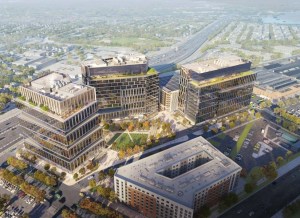
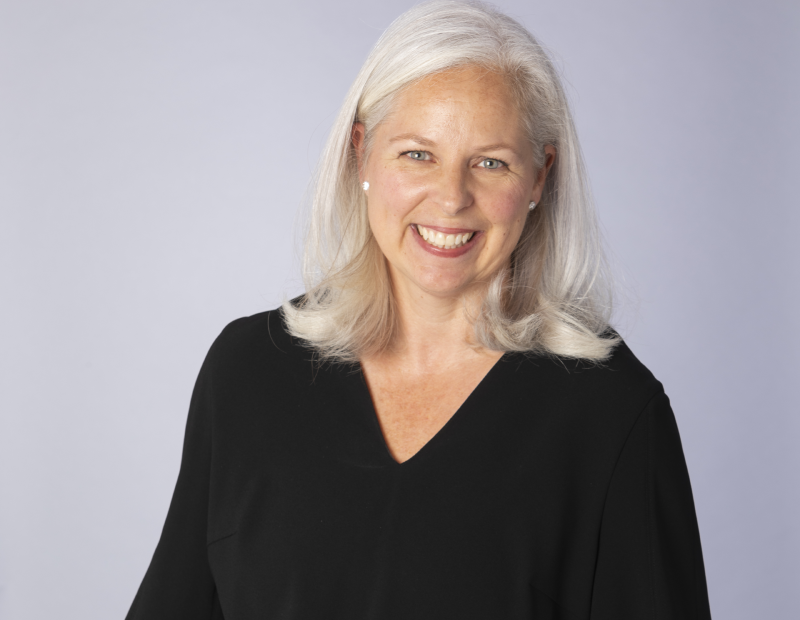
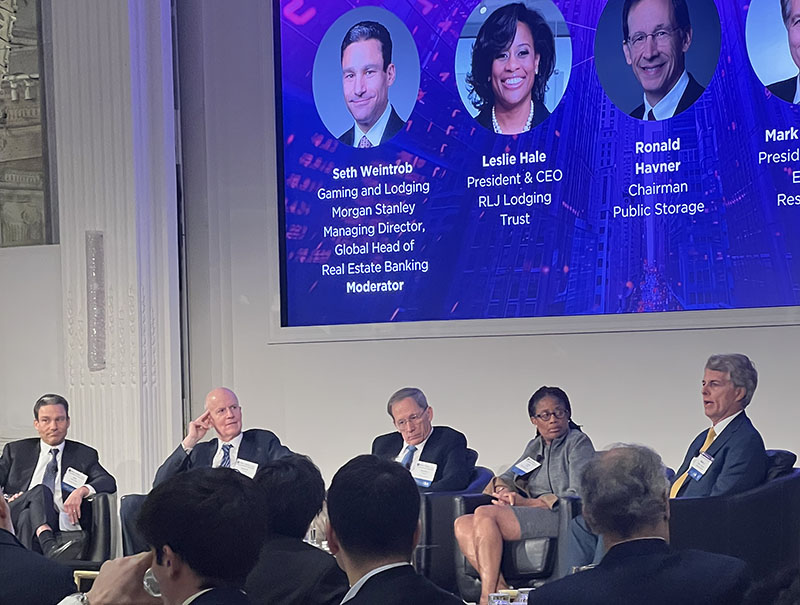
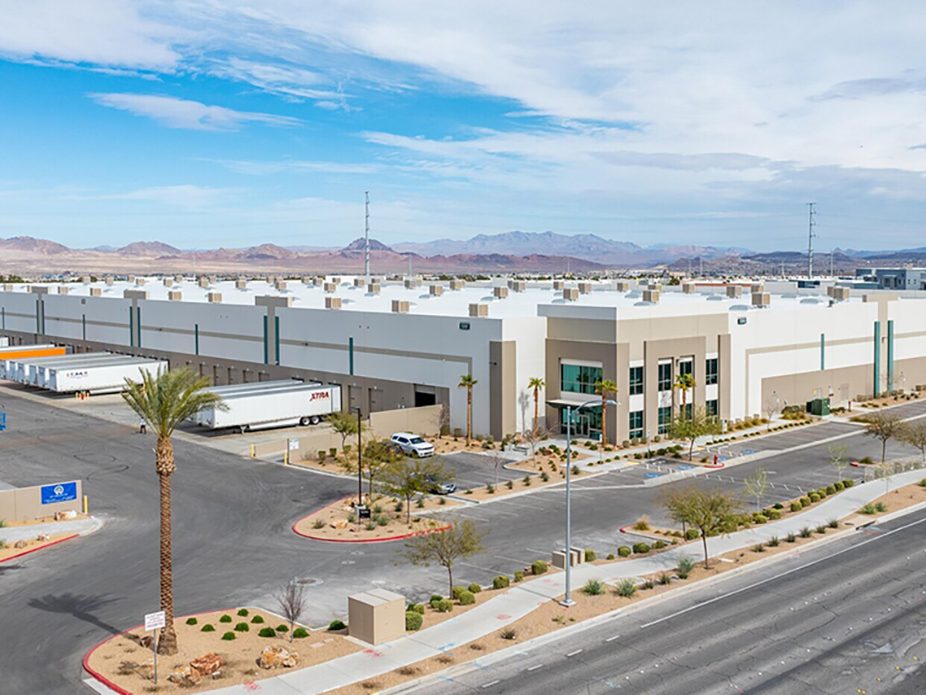
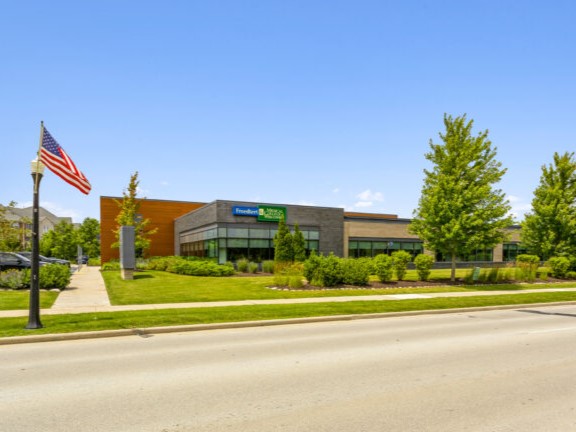
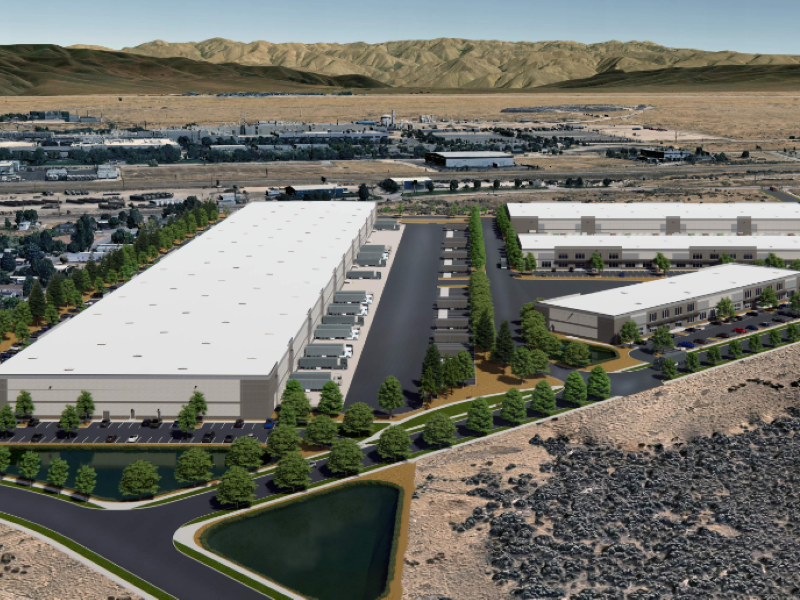
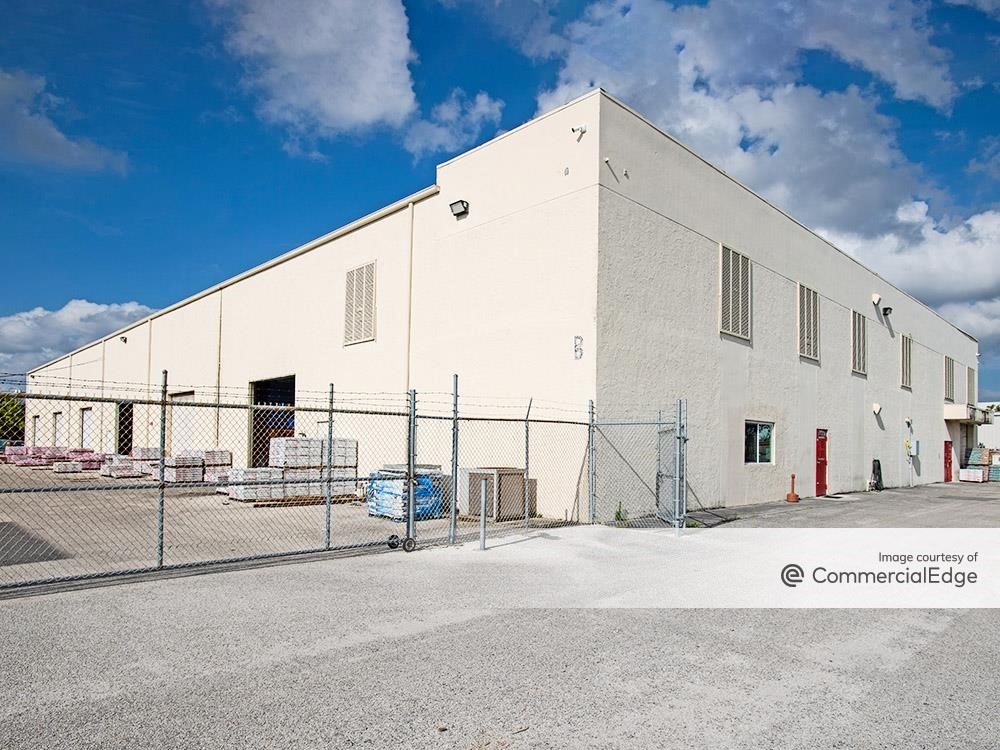
You must be logged in to post a comment.